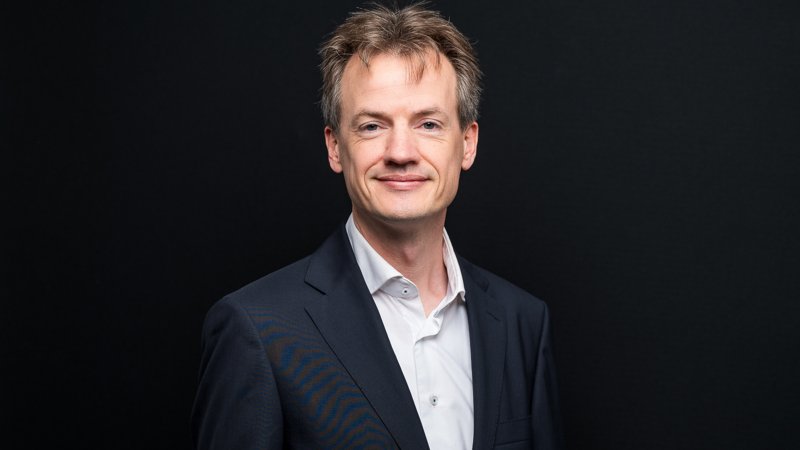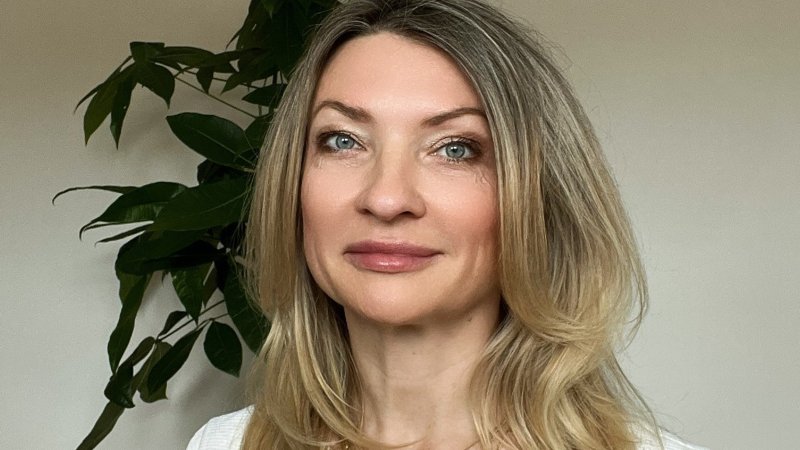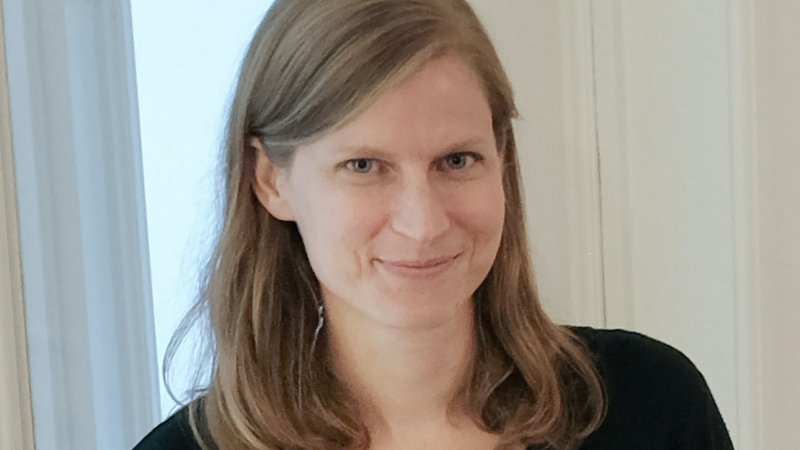Join us at the Techmed Event 2024 for the session, "Pioneering Perspectives: Sensing and Imaging as Key Enabling Technologies," where we delve into the transformative role of sensing and imaging technologies in modern healthcare. This session will explore the latest advancements in these critical fields and their applications in diagnostics, treatment, and patient care.
Frontrunners will present their innovations and research, highlighting how cutting-edge sensing and imaging technologies are revolutionizing medical practices. Attendees will gain insights into the development and deployment of these technologies, including their integration into existing medical systems and potential future trends.
The programme
14.45 - 14.48 | Welcome & Opening |
14.48 - 15.02 | National Technology Strategy: Towards an Action Agenda for Imaging Technologies |
15.02 - 15.16 | Advancing Photoacoustic Technologies for Medical Applications |
15.16 - 15.30 | Trends and opportunities in image guided therapy |
15.30 - 15.44 | Sensing and Imaging for Brain Stimulation |
15.44 - 15.58 | Revolutionizing Health and MedTech: The Impact of Wearable Devices with Hybrid Printed Electronics |
15.58 - 16.00 | Closing words |






